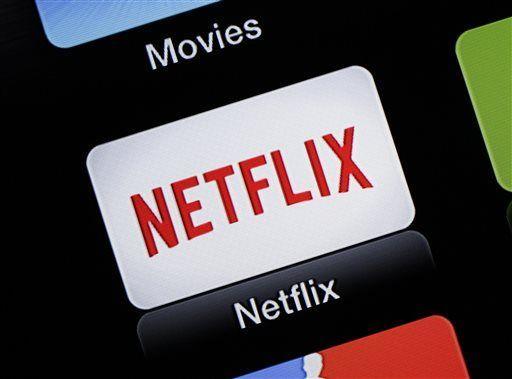Cable television subscriptions simply do not fit the lifestyles of many young people anymore.
The advent of streaming networks that allow viewers to access content over the Internet has pushed major providers to consider and offer nuanced services that provide content on demand, rendering traditional cable obsolete.
Companies such as Netflix and Hulu embraced streaming early and have established their business platforms on Internet delivery. Their services provide a broad majority of streamed content that is produced by other companies and act as an access portal similar to traditional television channels. These organizations recognized and capitalized on the potential online streaming offered and expanded the industry in that direction.
I subscribed to an Internet provider last August and started my journey without cable. The salesman was surprised, but I told him I only really used my Roku and laptop to watch TV. I can access my shows wherever I have an Internet connection, even on break between classes. It doesn’t make studying any easier, but it is much more convenient than cable.
Many traditional providers are recognizing the benefits of content streaming and the inevitable subscriber defection to these new companies. Cable and satellite giants including Comcast and Dish Network have already rolled out streaming-only plans for cord-cutting subscribers.
The entire realm of television programming is now available without a traditional cable plan, and all channels can be accessed through streaming devices such as Apple TV and Roku. Streaming plans erase nearly every advantage of keeping your cable provider by bridging the gap that once existed between on-demand content and the variety of real time cable programing.
The only failure of streaming now seems to be the unreliability of the Internet. Internet access requires a subscription, too, and it has limits. When HBO’s “True Detective” season one
finale aired, anyone watching it on cable was able to tune in without a hitch. However, HBO GO streamers were in for a surprise when HBO’s server crashed due to the incredible volume of requests to watch the much-anticipated episode.
For students, streaming television content has many advantages. It is more flexible, typically cheaper and fits conveniently with the mobile lifestyle many young people embrace. Most streaming plans offer content at a lower monthly fee than traditional cable, do not require contracts or charge cancellation fees and can be moved to any location with access to the Internet.
It makes sense for students to choose streaming over cable and many have already made the switch. Accessing content online makes sense for most people, and the market will only grow as Internet access continues to become cheaper and more reliable.
David LaPlante is a 20-year-old mass communication senior from Baton Rouge.
Streaming TV advantageous over traditional cable
July 15, 2015

This photo shows the Netflix Apple TV app icon, in South Orange, N.J. Netflix, a vocal opponent of Comcast’s failed bid for Time Warner Cable, on Wednesday, July 15, 2015 said it supports Charter Communications’ bid to do the same in a deal that would create another cable giant. (AP Photo/Dan Goodman)




